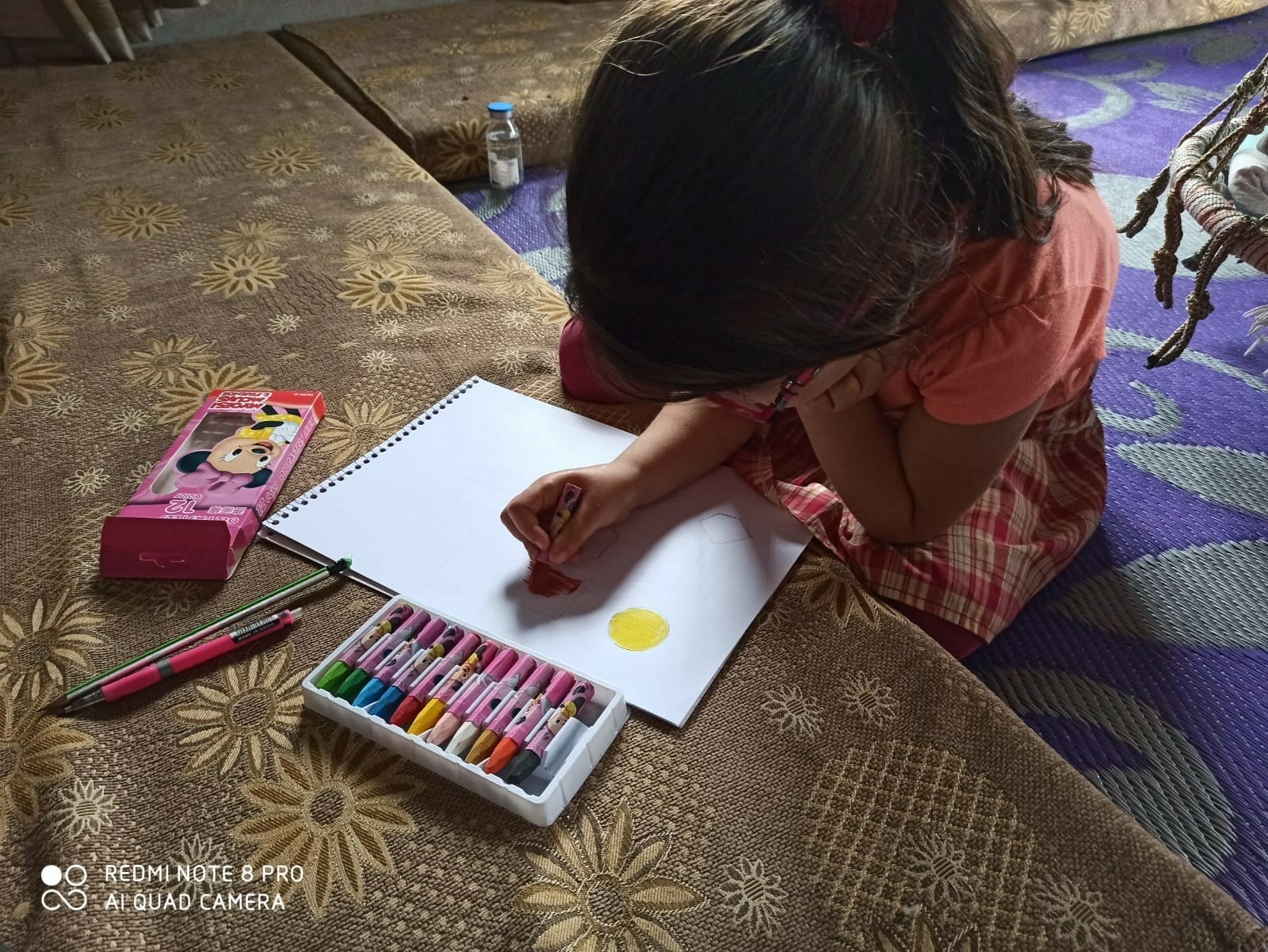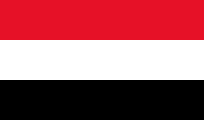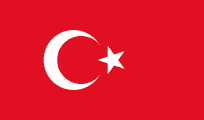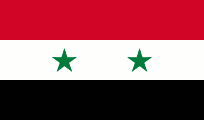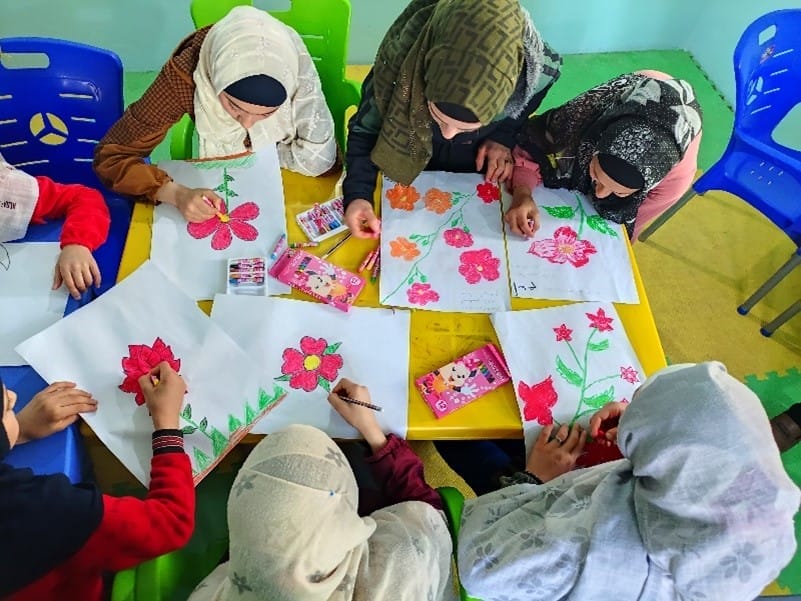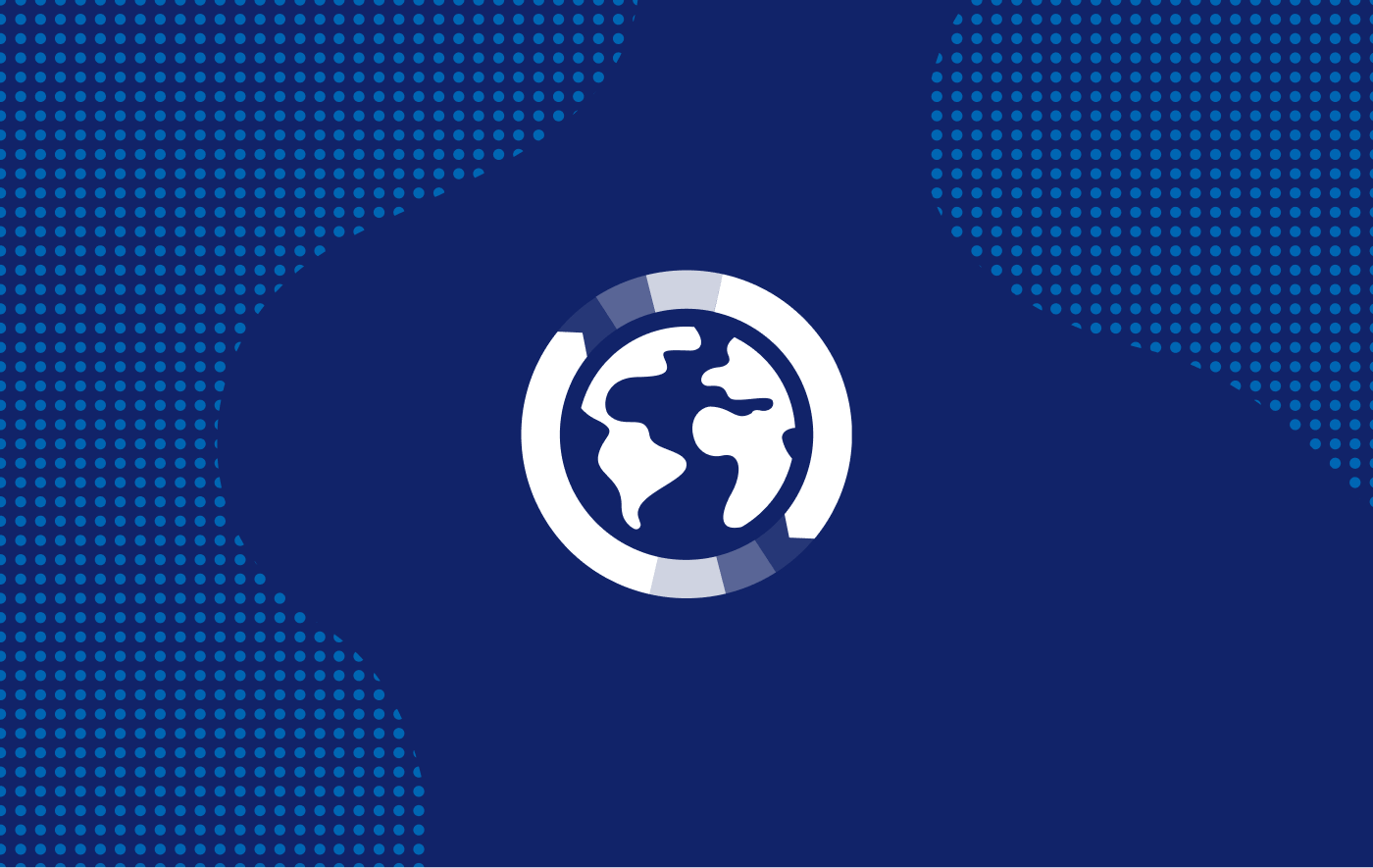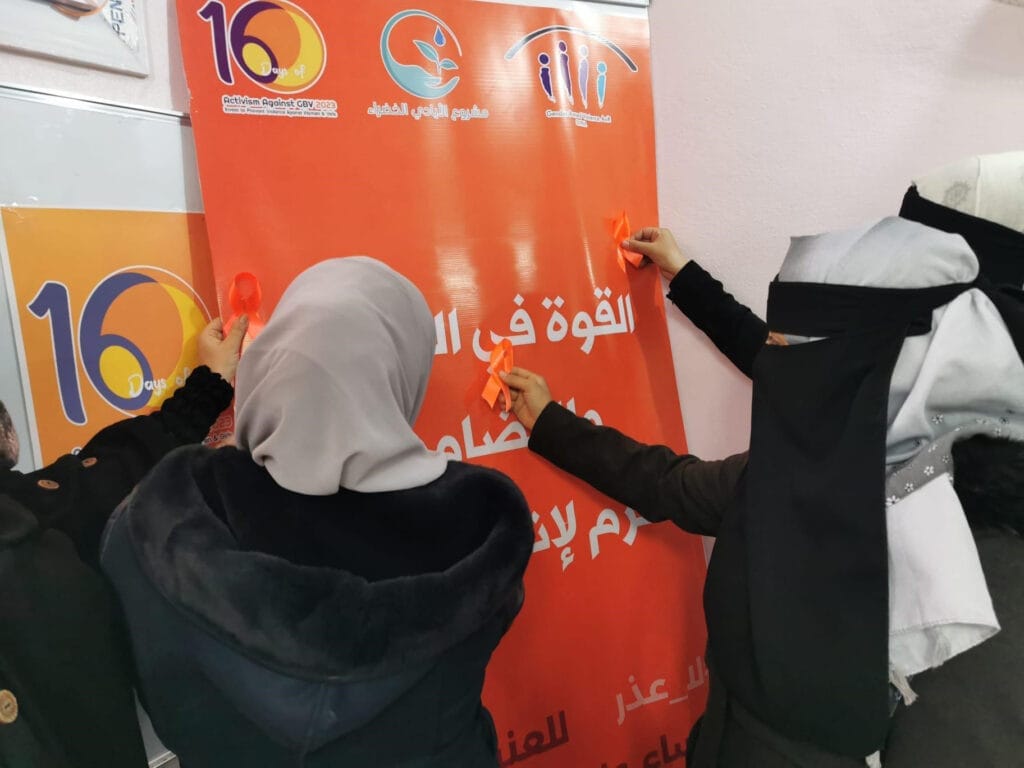Protecting the most vulnerable, particularly women and children, is a critical component of humanitarian assistance. Global Communities’ protection programs mitigate the risks of violence, exploitation, abuse and neglect of those affected by conflict or disaster, including refugees and internally displaced persons. Our comprehensive programs are designed to both diminish protection risks and respond to protection violations with critically needed services, such as psychosocial support, management of protection-related cases and specialized services for those facing serious protection concerns.
With a focus on Child Protection, preventing and responding to gender-based violence and psychosocial support services, Global Communities delivers comprehensive protection support through both static and mobile facilities.
All of Global Communities’ protection programming adheres to internationally recognized standards and best practices, ensuring that all services are provided in line with “Do No Harm” and humanitarian principles, and that services are of the highest quality. Our prevention and response programs are anchored in our organizational mission of engaging communities and local partners to build their capacity and continue providing critically needed protection services long after Global Communities is gone.
Global Communities provides safe spaces for women, youth, children, older people, and people with disabilities and other special needs to build social connections and to cope with the challenges presented by their everyday lives by providing awareness sessions and skill building opportunities.
Global Communities identifies and supports children who are suffering from or at risk of exploitation, abuse and/or neglect. Our teams provide specialized services to survivors of gender-based violence who experience physical, sexual, psychological or economic violence. Other vulnerable individuals, such as those with disabilities and elderly people, are provided with support to access needed services with dignity. We refer cases to other specialized actors, for example, for mental or primary health assistance.
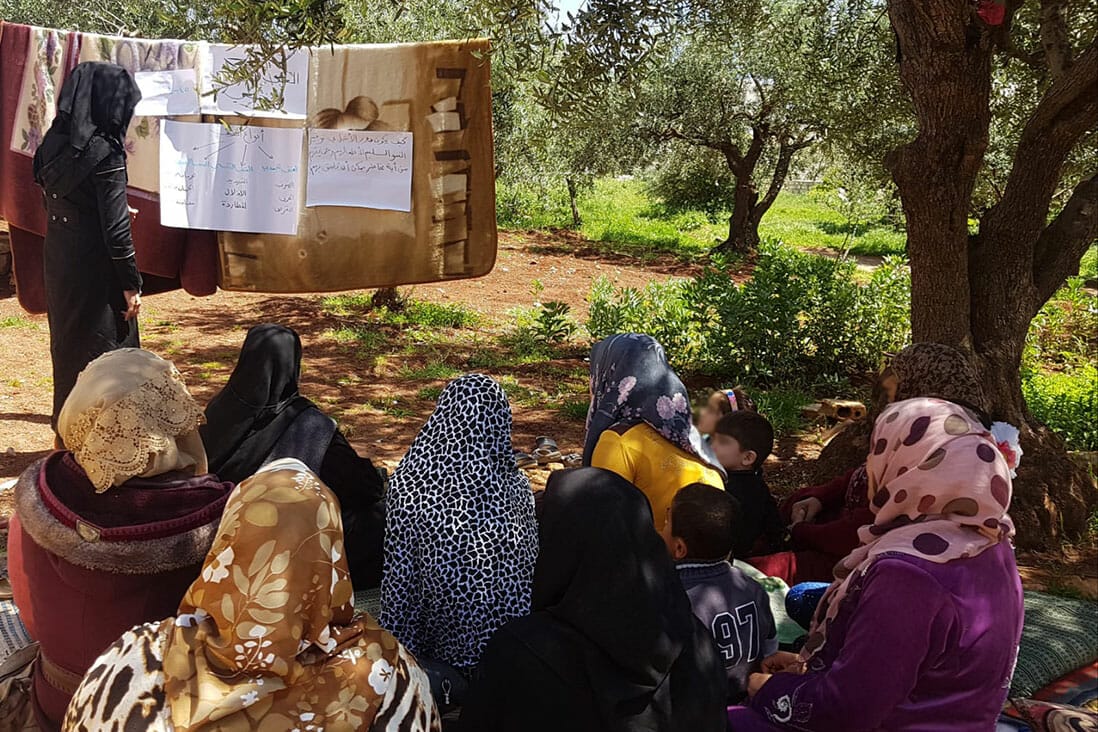
Syria
Since 2015, Global Communities has been implementing protection services for vulnerable internally displaced persons and host communities in Syria. Our teams are working in three northwest Syria governorates, including the 103 camps in the Atmeh camp cluster, and 63 communities in three northeast Syria governorates. Beginning with seven static facilities in a single camp, our teams now provide protection services through 20 static facilities and 22 mobile teams and expanded into a more flexible and inclusive community-based protection approach.
Global Communities assists internally displaced persons and host communities both inside and outside of camps in Syria, with a focus on reaching newly displaced persons and those who are most in need. Our services have addressed the protection needs of 371,906 people, including 264,471 children and youth and 85,369 women.
Child Protection
Our child protection case management services target the most vulnerable, including unaccompanied and separated children, children associated with armed forces and armed groups, child survivors of sexual violence, children involved in the worst forms of child labor, children suffering psychological distress and child-headed households.
Community-Based Protection
Our community-based protection approach utilizes extensive mobile teams equipped to provide specialized services, designed to include older people, people with disabilities and those with other special needs or vulnerabilities, and involves the establishment and support of community networks. This approach is implemented through one community center, our mobile teams and eight community networks across northern Syria.
In addition, we are providing targeted training and capacity building to local organizations, teachers and school managers to raise awareness of protection concerns. For example, health actors are provided with training on safely receiving a gender-based violence survivor as their client and teachers are given information on dealing with children facing trauma or abuse.
Women & Girls
Our seven Women and Girls’ Safe Spaces across northern Syria provide empowerment, skill development and coping strategies to hundreds of individuals each week. Through these centers, we have reached 83,823 people with gender-based violence empowerment, prevention and response services, and survivor-centered case management services, which ensure that support is based on the needs and wishes of those we serve.
We also provide outreach and support to some of the most vulnerable women and girls through women committees and tailored activities for adolescent girls. By engaging men and boys, we continue to raise awareness of critical protection and gender-based violence issues. As part of our commitment to making Atmeh cluster camps safer places, we conduct regular safety audits, which are then shared with other camp stakeholders including our WASH and Shelter teams, with recommendations for improving the safety of women and girls living there.
My child no longer wakes up terrified at night. I have noticed a change in my child's speaking style, and that his self-confidence is increasing.
Parent of a child attending Global Communities’ Child-Friendly Space in Atmeh Camp
Our Approach
Global Communities implements a comprehensive approach to protection, taking into consideration the different needs at the individual, family and community levels. We coordinate with other sectors to build accountability, safety, accessibility and empowerment into all of our humanitarian work.
Important to the Global Communities approach is the mainstreaming of protection activities throughout our humanitarian programs. By viewing other sectors – such as WASH, Shelter & Settlements, and Food Security & Livelihoods – through a protection lens, we are able to provide comprehensive programming that is enhanced to provide protection to the vulnerable and avoid inadvertently causing harm.
What are Protection Services?
- Recreation and structured psychosocial support
- Individual, peer and group counseling
- Case management
- Cash for Protection
- Non-formal education
- Life skills
- Parenting courses
- Psychological First Aid
- Referrals to non-protection services
Key Principles
- Do No Harm
- Protection as lifesaving
- Confidentiality and consent
- Not a one-size-fits-all approach
- Reaching the most vulnerable
- Survivor-centered
371,906
people reached with comprehensive protection services since 2015
151,190
individuals provided with psychosocial support services
83,823
women and girls provided with gender-based violence empowerment, prevention and response services
Our work in this area reaches
Resources
Briefs & Case Studies
‘Survival, Resilience and Solidarity’: Our Relief Efforts in Gaza (Arabic Translation)
Now over four months in, the humanitarian crisis in Gaza has reached catastrophic levels, with one in four households facing famine levels of food insecurity and severely limited access to safe water. “Our mornings begin with a silent check – are the kids, is everyone, alright?” said Mohammad, one of 74 staff members from Global…
Research & Publications
Global Communities Safeguarding Policy
Safeguarding is an organization-wide responsibility to ensure that our people, programs, and practices respect the rights and dignity of the people with whom Global Communities comes in contact so that they can live free from abuse and harm. Safeguarding includes preventing sexual exploitation, abuse, and harassment (PSEAH), safeguarding children, anti-trafficking, sexual harassment in the workplace,…
Capacity Materials
Community-Led Emergency Action and Response: CLEAR Program
CLEAR is an 18-month, $15 million program implemented by Global Communities and funded by the United States Agency for International Development’s Bureau for Humanitarian Assistance (USAID/BHA). CLEAR is addressing the urgent protection, shelter & settlements (S&S), and water, sanitation and hygiene (WASH) needs for 22,580 people who have been affected by the war in Ukraine.…
Briefs & Case Studies
Resilience, Rebuilding and Humanitarian Assistance: Lebanon Focus
Global Communities has implemented community-driven humanitarian assistance programs for decades, responding to the needs of millions of families in countries around the globe. From natural disasters, to armed conflict, to social and economic upheaval, we are there to meet the humanitarian needs of vulnerable people affected by crisis. We work in partnership with a range…

